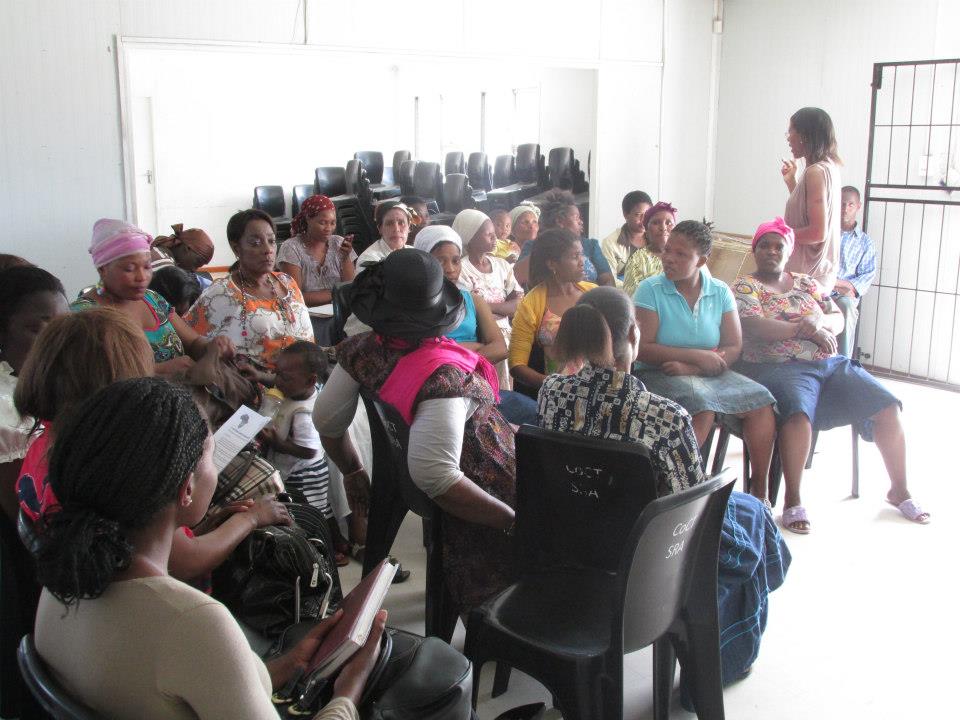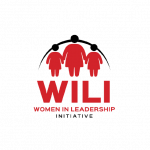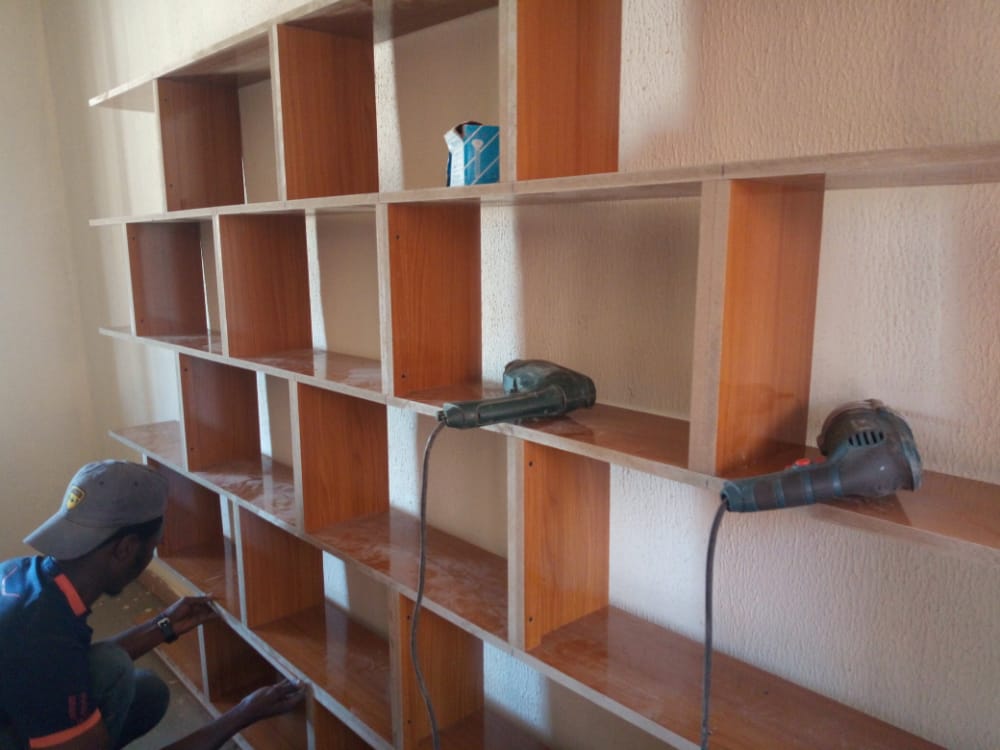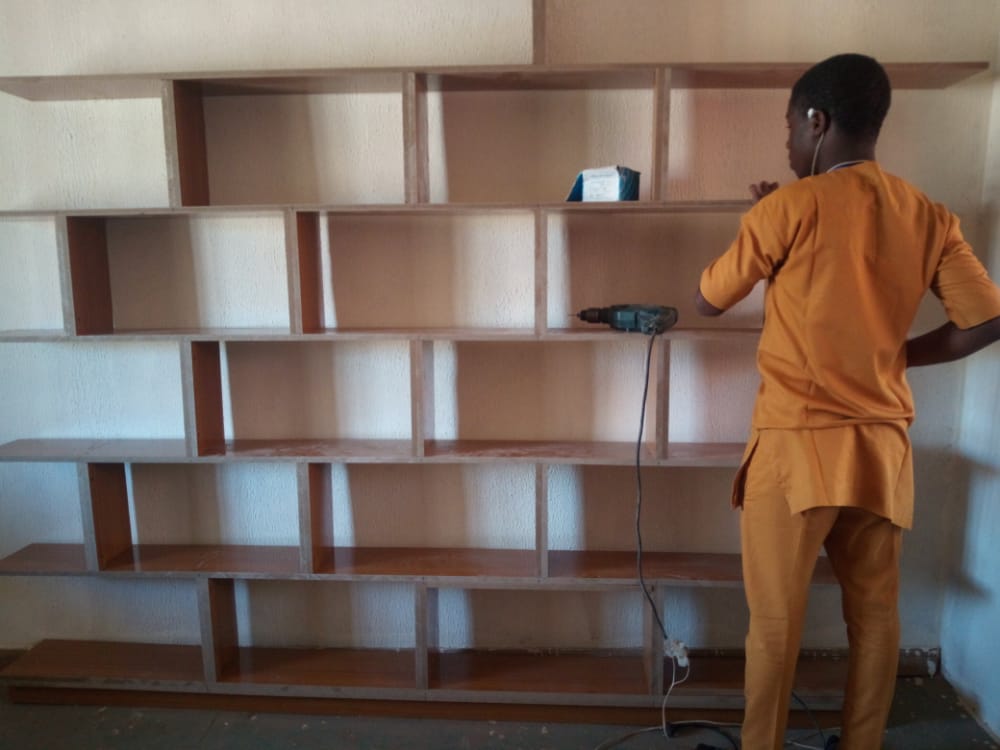
Business Skills Training for Women Entrepreneurs
We know what it’s like to start and grow a business, which is why we’ve developed training that delivers results. After all, knowledge is the best investment you can make in your business!
About half the nation’s population are Females of which a good percentage engage in entrepreneurial activities of the informal sector because they lack relevant skills to increase their potentials and further break into the formal sector.
Our business skills training features:
- Practical, applicable skills that are 100% relevant to the successful operation of a small business.
- A range of workshop topics known to be pivotal to small business success
- Materials developed by industry experts, often featuring real-life storytellers, informative panelists or inspirational spotlights.
- Different learning approaches including live workshops.
- Working professionals.
- We offer training for women entrepreneurs to help them learn and develop essential business skills to help them succeed in business.
- We host free seminars and workshops – and 99% of participants rate our training as directly applicable to their business!
- Our workshops are designed to educate and are geared towards women business owners’ learning styles.

There are three main objectives:
- There is a strong correlation between capacity building and skill development of Female entrepreneurs on their socio-economic empowerment
- Skills development and k=not knowing are the impediment toward building the capacity of female entrepreneurs
- Females can transfer the skills to others
Capacity Building and Skills Development
The importance of capacity building and skill development among the people of a society cannot be overemphasized. A nation cannot attain development if she neglects or refuses to put an impressive commitment on her human capital development. Capacity building is therefore, salient to the development of the individual and the nation at large.
Majority of folks are unable to cross the ladder of having an idea and actually executing on the idea. More so, as majority of them operate with little or no formal education, technical and expansion of skills
training.
With your help, WiliAfrica can build capacity and develop skills which could enhance the productivity of female entrepreneurs.




